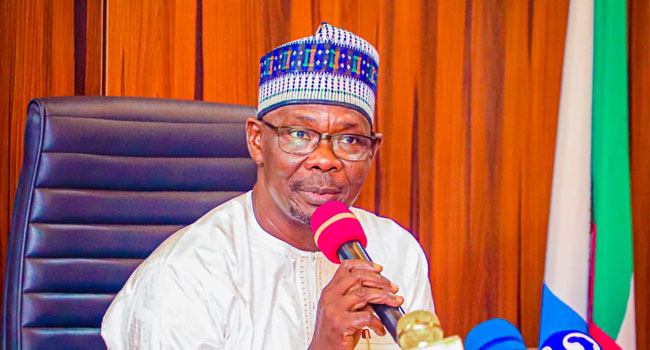Sustaining Nasarawa State's traditional political architecture is crucial for preserving its cultural heritage, ensuring effective grassroots governance, and maintaining social cohesion. This architecture, encompassing traditional institutions such as emirates and chiefdoms, has long served as a stabilizing force in the region.
1. Preserving Cultural Heritage and Identity
Traditional institutions are custodians of Nasarawa's diverse cultures and histories. For instance, the Opanda Kingdom, established by the Egbura people as early as the 11th century, exemplifies the deep-rooted governance systems that predate colonial influence. These institutions embody the values, customs, and collective memory of the communities they serve.
2. Enhancing Grassroots Governance and Conflict Resolution
Traditional rulers play a pivotal role in local governance, often mediating disputes and fostering peace among communities. Their proximity to the people enables them to address issues swiftly and effectively. In Nasarawa, traditional institutions have been instrumental in managing herder-farmer conflicts, showcasing their capacity to maintain harmony and order at the grassroots level.
3. Promoting Political Stability and Inclusivity
Respecting the traditional political arrangements in Nasarawa ensures equitable representation and prevents marginalization. Political leaders are urged to honor these structures to maintain balance and avoid the imposition of candidates, which could disrupt the state's political harmony.
4. Complementing Modern Governance Structures
Traditional institutions can work synergistically with modern governmental systems to enhance service delivery and community development. Their deep understanding of local dynamics makes them valuable partners in implementing policies and programs that resonate with the populace.
In conclusion, sustaining Nasarawa's traditional political architecture is not merely about preserving the past; it's about leveraging time-tested systems to build a more cohesive, inclusive, and stable future. By integrating these institutions into contemporary governance frameworks, Nasarawa can harness their strengths to address present challenges and foster sustainable development.

.jpg)








